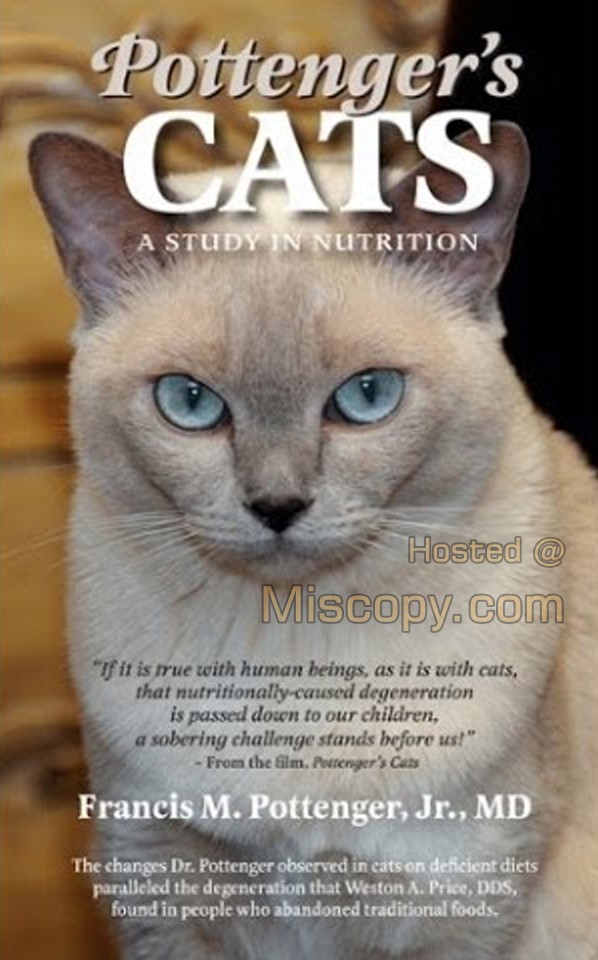The video delves into the investigation by Dr. Francis Pottenger into adrenal gland deficiencies and standardization of adrenal extracts using adrenal ectomized cats. The cats, seemingly healthy and housed in adequate living conditions, were fed a diet deemed optimal according to nutritional standards. However, the study faced an unexplained high mortality rate, leading to the introduction of raw meat scraps in some cats’ diets. The raw meat-fed animals not only survived adrenalectomies better but thrived in superior health.
Inspired by this unexpected observation, Pottenger embarked on a 10-year series of studies, starting with the “run of the pen cats.” His primary interest lay in a normal sampling of animals, excluding those with deformities and diseases. Due to the community’s awareness of the study, many more cats were abandoned, surpassing the available numbers.
Pottenger hypothesized that the cooking process might cause food to become nutritionally deficient, leading to physiological degeneration. He designed a basic diet consisting of raw meat, viscera, bones, a small amount of raw milk, and cod liver oil. One-third of each cat’s daily intake consisted of the basic diet, while the remaining two-thirds were experimentally manipulated, with some groups receiving raw or cooked meat and others receiving raw, pasteurized, evaporated, or sweetened condensed milk. The animals’ diets remained constant after assignment to a specific group, yielding identical results over the 10-year study period.
Observations included the raw milk animals’ agility, sheen of fur, and normal sexual behavior contrasting the lethargy, impaired coordination, and dental deterioration in pasteurized milk-fed cats. Animals fed raw milk and meat showed better development than those given sweetened condensed milk or cooked meat.
However, the most significant observations were made in the second and third generations. Cats whose ancestors had been fed cooked diets for several generations became smaller, with underdeveloped faces, incomplete zygomatic arches, and lower calcium content in their bones. Additionally, they had a lower activity level, with some even developing skeletal deformities or broken backs.
The cats consuming cooked meat exhibited dental problems, asthma, exhaustion, impaired coordination, and even fractures. By the third generation, these cats were unable to successfully reproduce, with most lacking sexual interests and producing stillborn kittens. In contrast, cats fed a raw meat diet continued to produce healthy offspring.
The study also showed that plants grown in the pens where animals were fed processed milk struggled to grow, highlighting the potential negative impact of processing on both animal and plant life.
These observations pose a significant challenge to the assumption that nutritional factors can be preserved through heat processing and suggest that the degenerative effects observed may be passed down through generations in humans as well.






